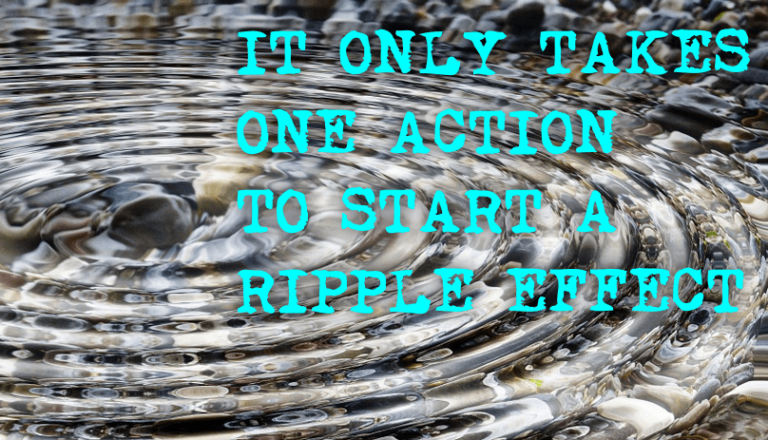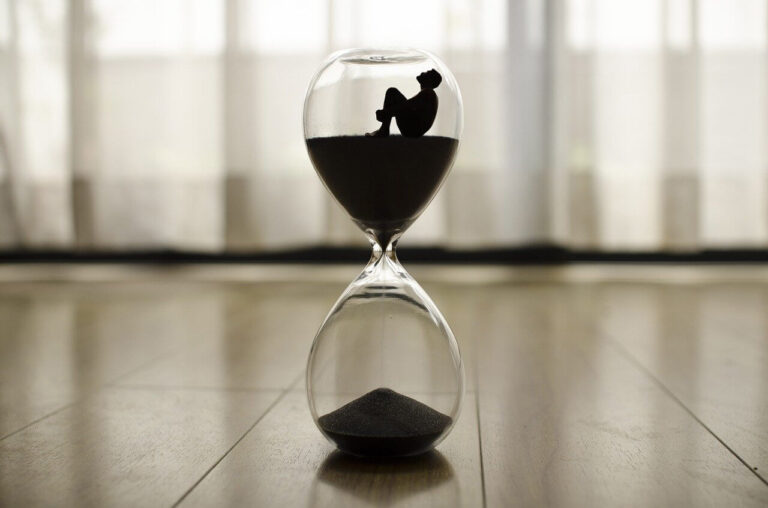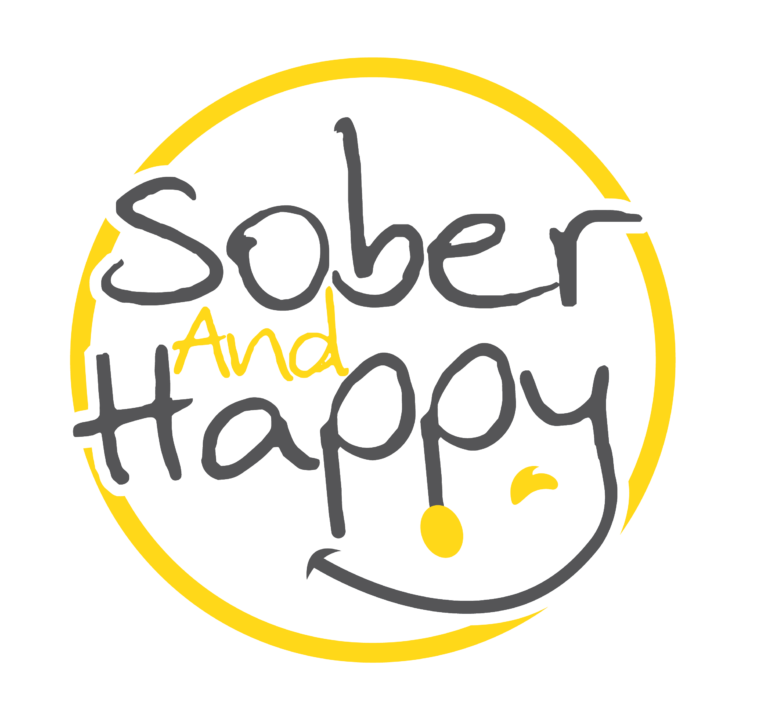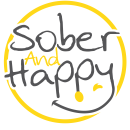

Tim Phillips
I love sharing my journey from being hopeless, to getting sober, to learning how to eventually be both sober and happy. to learning how to eventually be both sober and happy.

It’s no secret that many people fall into addiction as a way to escape discomfort. The desire to dodge uneasy feelings and situations often leads us to self-destructive habits. It’s often not just big, painful events but small, seemingly harmless moments of discomfort that trigger a cycle of avoidance. Over time, these coping mechanisms become habits that weigh us down, and our attempts to avoid discomfort often keep us trapped. Facing those uncomfortable feelings can be the doorway to genuine freedom.
Whether you’re just starting your recovery journey or have been sober for years, discomfort remains a persistent challenge. In recovery, discomfort is both physical—cravings and detox—and mental: fears of being judged, losing friends, or facing unresolved emotions. Instead of avoiding discomfort, what if you could make it an ally?
This episode unpacks how embracing discomfort can build resilience, foster personal growth, and empower you to create the life you genuinely want.
1. Discomfort and the Vicious Cycle of Avoidance
It’s natural to want to avoid pain, but in recovery, we often find ourselves dodging not only pain but also ordinary emotions like social awkwardness or uncertainty. Avoidance might offer momentary relief, but it doesn’t eliminate discomfort; it only delays it. For example, many people fear the unknowns of sobriety: What will life be like without alcohol? How will I cope at social events? Will people judge me? Yet, ironically, sticking with the familiar pain of addiction or avoidance often leads to greater discomfort over time.
2. The Hidden Cost of Choosing Familiar Pain Over Growth
It’s like the analogy of the frog in boiling water: the longer you sit in your comfort zone, the more you’re essentially “cooked” by familiar pains. From toxic relationships to unfulfilling careers, staying “comfortable” can leave you stuck in a life that doesn’t bring you happiness or growth. This “slow burn” erodes potential, confidence, and fulfillment. Instead of escaping discomfort, we’re simply choosing the discomfort we’re used to.
3. The Benefits of Embracing Discomfort
Embracing discomfort is like strengthening a muscle. It fosters resilience and personal growth, helps us build self-confidence, and opens us up to new opportunities. The willingness to face discomfort makes it easier to grow in recovery, push through difficult moments, and chase dreams that once seemed out of reach. Real transformation often happens when we step into discomfort rather than avoid it.
4. A Practical Strategy to Start Embracing Discomfort
To begin embracing discomfort, identify one goal that’s just outside your comfort zone. Then, without overthinking, take one immediate action. If the goal feels daunting, remind yourself of the persistence you had as a child when learning to walk or ride a bike. Facing discomfort in this way empowers us, slowly building our courage and resilience for bigger challenges.
Avoiding discomfort doesn’t make it disappear—it only keeps us stuck. By embracing discomfort, you gain control over your life rather than letting fear control you. Whether you’re facing fears of social situations, career challenges, or personal doubts, stepping into discomfort is a chance to grow, heal, and thrive. Facing our fears head-on transforms recovery from merely “not drinking” into a journey toward a life that’s deeply fulfilling.
If you’re ready to move beyond the comfort trap and embrace the freedom on the other side, listen to the full episode for actionable steps and personal insights on facing discomfort in recovery. Don’t let another season pass by in hesitation. Embrace discomfort, challenge your fears, and create a life you truly love.

I love sharing my journey from being hopeless, to getting sober, to learning how to eventually be both sober and happy. to learning how to eventually be both sober and happy.




Join our mailing list to receive the latest news and updates from our team.






Copyright © 2023 by Sober and Happy. All rights reserved.

Join our mailing list to receive the latest news and updates from our team.